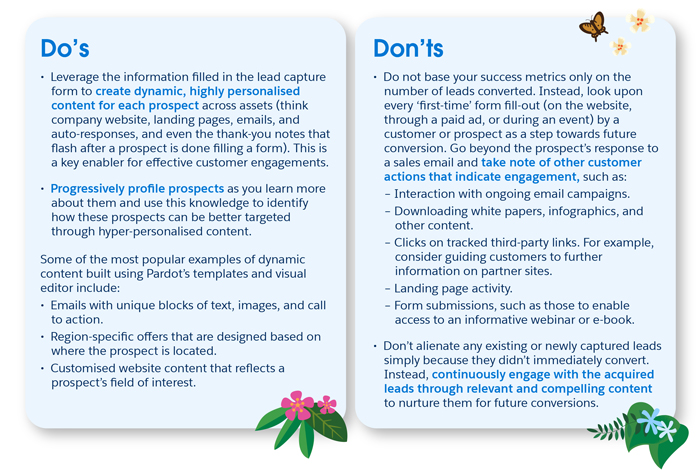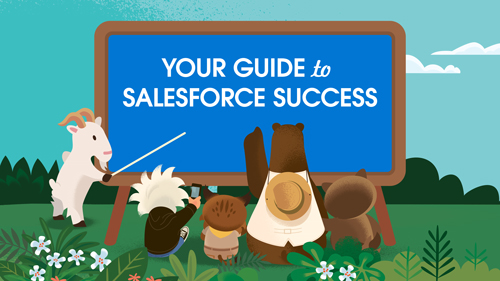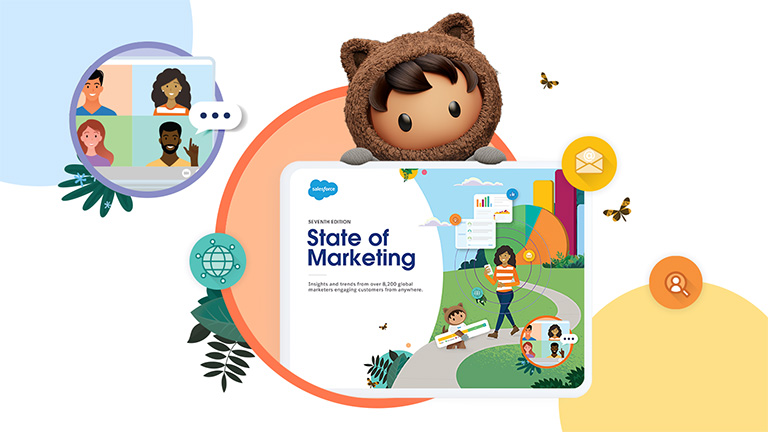Introduction – Transform inbound marketing efforts
Inbound marketing is a valuable relationship tool for marketers, especially in the B2B space. B2B relationships are typically long-term and involve large investments by the potential customer. So, a company needs to convince prospects of the value they bring to the table much before a transaction takes place. Publishing useful content assets such as white papers, infographics, and e-books are great steps in this direction.
However, for an inbound marketing strategy to feed into B2B sales activities, marketers must strategise the way they create, publish, promote, personalise, and connect their marketing assets across multiple platforms. Salesforce Pardot is a one-stop tool for B2B marketing teams looking to:
- Entice customers to buy from their company
- Align inbound marketing activities with sales goals
- Ensure that marketing communication across channels is highly targeted and personalised
- Automate the inbound marketing process end-to-end
Chapter 1 – Pardot Dos and Don'ts

Chapter 2 – Monitor prospect engagement to optimise campaigns
Using Pardot, marketers can gain visibility and insights into a prospect’s engagement level across all marketing channels to determine the next steps and to calculate the ROI on inbound marketing campaigns. Here’s how marketers can use Pardot to monitor, analyse, and improve prospect engagement:
Engagement history dashboard: Explore and visualise critical engagement data such as top-performing assets or most engaged prospects using the intuitive reporting dashboard embedded inside Account and Campaign records on Pardot. You can also tailor the dashboard view to check insights related to Campaign, Account, Contact, or Opportunity records and plan your next move. For instance, if your team runs a product launch campaign and notices on the dashboard that many prospects within an Account downloaded a white paper, you can use Salesforce Engage to send the same white paper to the sales team, who are also working on the same account.

Built-in AI engine: The data inside the Engagement history dashboard is pushed into Pardot Einstein, Pardot’s built-in AI engine. You can gain access to scores and insights on the most engaged prospects and effective campaigns. Here’s how:
- Einstein behaviour scoring: Identify which prospects are most ready to buy from you. For each prospect, Einstein considers all types of Pardot prospect engagement activities to identify positive and negative interactions and assigns a score from 0 through 100.
- Einstein campaign insights: Optimise campaign assets and find new audiences. Einstein uses Machine Learning to find data related to engagement activity, content, and audience characteristics to offer marketers real-time insights on their running campaigns, including emails, landing pages, and marketing forms.
- Einstein attribution: Identify which inbound marketing campaigns are most effective at generating sales pipelines. Einstein analyses a collection of campaigns that influenced a sales opportunity to identify the most rewarding campaigns and touchpoints.
Chapter 3 – Optimise Google organic results to drive more qualified conversions
Google has cornered the search engine market, so it becomes critical for a business to rank on the first page of Google’s search results. While Google’s search ranking algorithms remain opaque, to optimise their SEO strategy, marketers focus on two things – the quality of content and keyword strategy.
Since SEO is a primary inbound marketing channel, marketers can build an effective keyword strategy with Pardot to:
- Add a tracking keyword: Add a specific keyword to know its monthly search volume, cost per click (CPC), and ranking difficulty.
- Import multiple keywords: You can add multiple keywords and track them all at once with the bulk import option on Pardot.
- Manage keyword table metrics: Track your list of keywords and their SEO metrics – Google rank, Bing/Yahoo rank, Google monthly search volume, Google CPC, ranking difficulty, etc.
- Track the competition: Track how well your site stacks up against your competitors in terms of SEO. View competitor data: number of inbound links, page and domain authority, links to the root domain, root domain external links, and Alexa rating.
Conclusion
Pardot is a one-stop B2B marketing automation tool that can help businesses unlock greater success with marketing-enabled sales. Having complete customer data and marketing-curated content at their fingertips enable sales teams to close deals faster and consistently nurture quality prospects till conversion. The handover from marketing to sales teams is made smoother with built-in business rules and alerts, so no quality leads ever fall through the cracks. Build fuller pipelines, improve follow-up speed, track campaign engagement, consistently optimise your campaigns, and do much more.
And you can fully integrate Pardot with your Salesforce CRM solution using the Salesforce-Pardot connector. This allows you to share data bi-directionally, syncing the updates in both systems to keep your marketing and sales teams on the same page always. With valuable insights into prospect activity shared across both teams, you can improve lead management and streamline your sales funnel so no important leads are lost.




